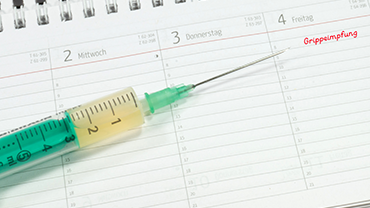Prevention and control measures for tetanus
Immunisation is the only effective prevention of tetanus. Tetanus toxoid is an effective, safe, stable and inexpensive vaccine that can be given to all ages, to pregnant women and to immunocompromised individuals.
Most countries recommend a minimum of five doses of tetanus toxoid vaccine over 12–15 years, starting in infancy. Further booster doses can be given in early adulthood, to ensure long-lasting protection.
Opportunistic immunisation of people who are treated for wounds and cuts is important for maintaining high protection levels, as is targeted vaccination of population groups born before general immunisations programmes started.
Tetanus antibody levels decline with increasing age which helps explain why the highest tetanus incidence in Europe is among the elderly. Booster vaccination of elderly people can improve protection against tetanus. Maternal tetanus antibodies passively protect newborns, and immunising pregnant women remain an important intervention for the prevention of neonatal tetanus in countries with low protection levels in the adult population.
Vaccination schedules for the European countries can be reviewed here.






